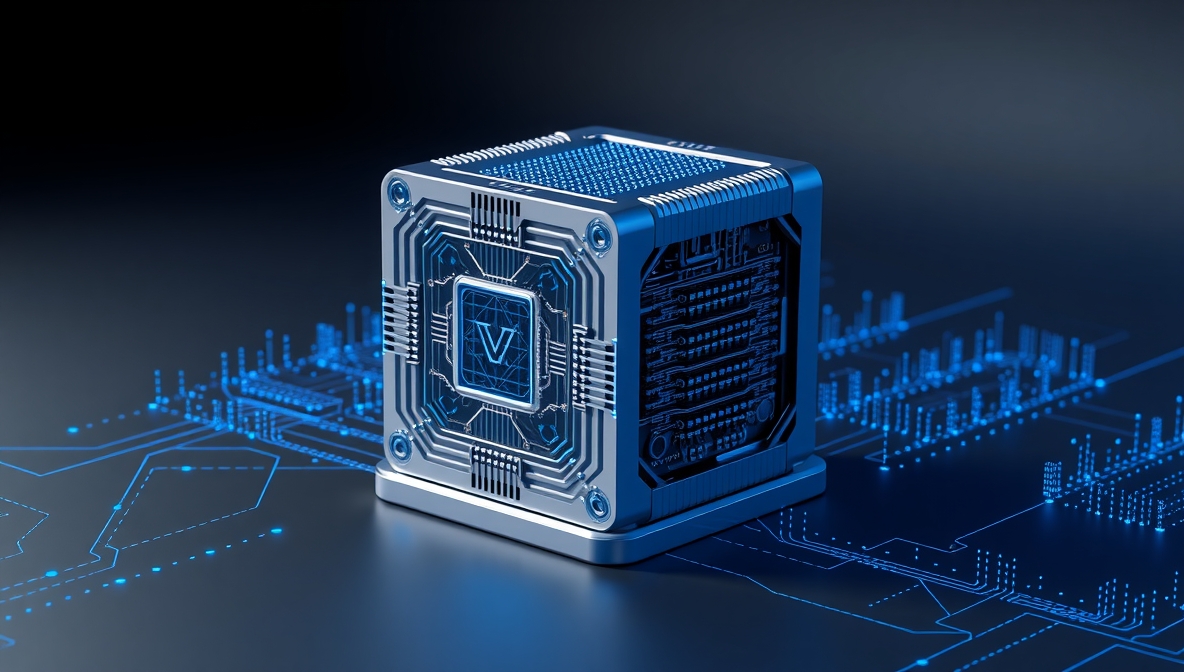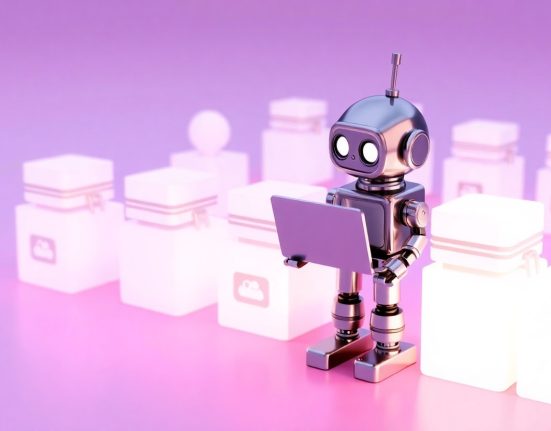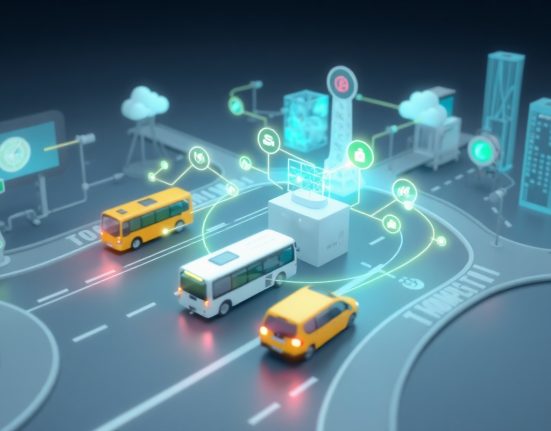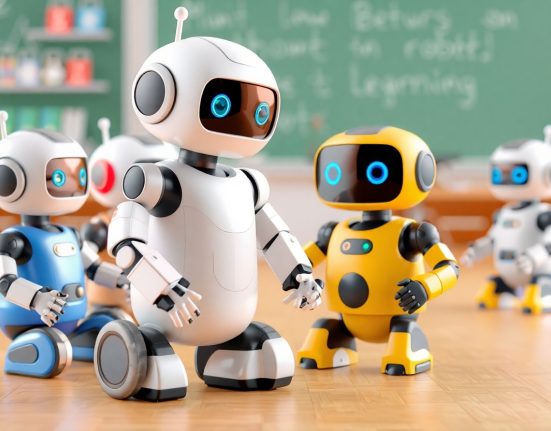In the world of technology, two leading fields are developing at a dizzying pace: Artificial Intelligence (AI) and quantum computing. Each on its own promises to change the world, but the connection between them could create an unprecedented technological revolution that will affect every aspect of our lives.
Two Worlds Converging
Artificial intelligence is already changing the way we work, communicate, and make decisions. Advanced machine learning mechanisms can identify patterns in information, analyze vast amounts of data, and make complex predictions. However, despite impressive progress, AI is still limited by conventional computing power.
Quantum computing, on the other hand, is based on the laws of quantum physics and offers a completely new way to process information. Instead of binary bits (0 or 1), quantum computers use qubits that can be in multiple states simultaneously, a phenomenon known as superposition. This capability allows solving complex problems at speeds not possible with classical computers.
What Can We Expect When These Technologies Integrate?
When artificial intelligence algorithms can run on quantum computers, we will see a significant leap in capabilities:
Breakthroughs in Science and Medicine
One of the most promising applications of quantum AI is in drug development. Today, discovering a new drug can take a decade and cost billions of dollars. Quantum AI will be able to scan and analyze billions of chemical compounds simultaneously, predict complex molecular interactions, and identify potential drug candidates at unimaginable speeds.
“We’re talking about a process that currently takes years and could be reduced to weeks or even days,” researchers in the field explain. “This will enable rapid development of treatments for diseases that currently have no solution.”
In additional scientific fields, such as climate research, particle physics, and space exploration, quantum AI will be able to build more accurate models that will help solve complex problems like climate change, alternative energy, and basic physical processes.
Economic and Social Optimization
In economics and finance, quantum AI will be able to perform complex risk analyses and real-time investment decision-making, taking into account millions of variables simultaneously. Such systems could improve the stability of financial markets and prevent economic crises.
In urban planning, transportation systems, and energy networks, quantum AI will be able to calculate optimal solutions for complex systems, leading to smarter cities, improved energy efficiency, and more precise public transportation.
Artificial Intelligence at a New Level
One of the most exciting possibilities is the creation of AI models capable of understanding and analyzing much more complex contexts than is possible today. Large language models (LLMs) running on quantum computers will be able to process and understand text at a deeper level, perform more accurate translations, and perhaps even achieve true semantic understanding.
Image processing and facial recognition capabilities will improve significantly, as algorithms will be able to analyze each pixel in the broader context of the entire image. Robotics and autonomous systems will be able to make faster decisions and respond to their environment more naturally.
Challenges Ahead
Despite the great promise, the journey toward quantum AI is still fraught with challenges:
Technological Challenges
Quantum computing itself is still in its infancy. Today’s qubits are still sensitive to external noise and require special conditions such as temperatures close to absolute zero. Additionally, algorithms that optimally exploit the advantages of quantum computing for all types of AI problems have yet to be developed.
“We need to develop completely new paradigms of programming and algorithmics,” experts explain. “It’s not just a question of running the same programs on faster hardware.”
Ethical and Social Questions
The enormous computational power of quantum AI also raises serious concerns. A system that can analyze vast amounts of data at such speed raises questions about privacy, security, and concentration of power.
The ability to break encryption systems is one example. Most modern encryption methods are based on the computational difficulty of factoring large numbers into primes – a problem that quantum computers can solve relatively easily.
Additionally, the technological gap between countries and corporations that have access to such technology and those that don’t could widen significantly.
Timeframe for Change
When will we see quantum AI in action? Expert estimates vary, but many believe that in the next decade we will see useful quantum computers that can run certain AI algorithms. By 2035, we may see quantum AI systems working in specific industries like finance, pharmaceuticals, and energy.
Longer-term forecasts speak of broader applications of quantum AI by 2050, affecting all areas of life, from health and transportation to entertainment and education.
Preparing for a Quantum Future
The world needs to prepare now for the era of quantum AI. This includes:
Investment in Education and Workforce
Re-educating engineers, scientists, and developers in the principles of quantum computing and artificial intelligence is a vital step. Universities need to start integrating this field into their curricula, and companies need to invest in employee training.
Development of Regulatory and Ethical Frameworks
Governments and international organizations need to start developing frameworks to ensure that the technology is used responsibly, while maintaining privacy, security, and human rights.
Collaborative Research and Development
Collaboration between academia, industry, and governments will accelerate progress in the field and ensure that the benefits of quantum AI are accessible to many.
Looking to the Future
The future of artificial intelligence combined with quantum computing promises profound change in every aspect of modern life. From revolutionary medical solutions to more efficient economic systems, this technology will open possibilities that currently seem like science fiction.
The great challenge is not just to develop the technology, but also to ensure that it is used for the benefit of humanity as a whole. With proper planning, appropriate regulation, and global cooperation, quantum AI can be the most powerful tool we have ever developed to solve our biggest problems. “We stand at the threshold of a new era,” say researchers in the field. “Just as the industrial revolution changed the world in the 19th century and computing changed it in the 20th century, so quantum AI may change the 21st century.”














